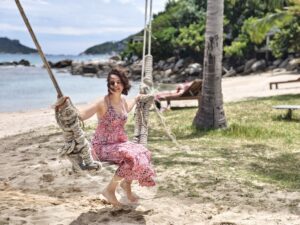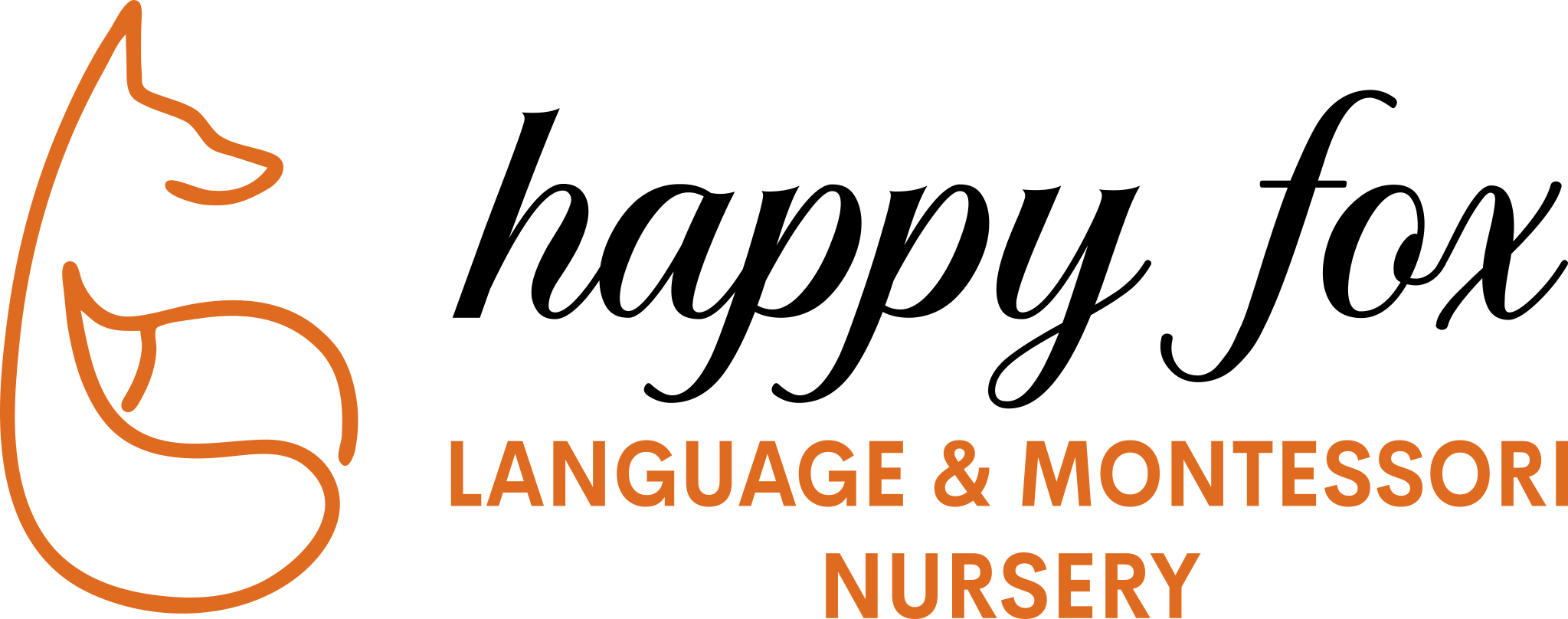History and assumptions
“Who a child becomes is of the utmost importance because it determines the future of humanity.”
M. Montessori

How Did It Start?
For 20 years, I worked in business, manufacturing, service, and IT companies, where development, problem-solving, and teamwork were essential. Despite this, many of us struggled with finding joy in our own mistakes and discoveries, setting healthy boundaries, making bold decisions, and effective collaboration. These challenges stemmed from our upbringing and the education methods we experienced.
When my dream daughters were born, my life values became much clearer. I knew that I wanted a different life and a different upbringing for them.
In the meantime, I came across Montessori Pedagogy. It turned out to align with my instinctive parenting needs—an individual approach, respect, and closeness with the little human, considering their unique developmental periods and the need for achievement and independence. Interestingly, some Montessori principles, under different names, are now eagerly applied and implemented in business and people management.
Revolutionary, scientific, yet natural. The core principle of Montessori Pedagogy, “help me to do it myself,” has found a permanent place in our home.
It wasn’t easy. We faced problems when choosing a daycare and kindergarten. There was no place that followed the Montessori program and was within a reasonable distance from our home. I had to make tiring compromises. Work, children, home, activities, specialists, and self-education in child development. I corrected the flaws of conventional education, filled its gaps with additional activities, or created and led them myself at home. I tried to help and suggest ideas to teachers, who didn’t always welcome it.
A few years later, it was time for my third child, my son, to go to kindergarten. I made a bold decision: I would open a truly Montessori place. The kind I had always dreamed of for my daughters, the kind Maria Montessori actually spoke of. Enriched with English language learning, a healthy diet, and movement, like in sports or forest kindergartens.
Our Principles and Values
Today, I invite you to Happy Fox. It is a place that nurtures the delicate potential of a child. We approach each child individually, teaching at their pace, according to their abilities and interests. We support and guide the child without judgment, without using punishments or rewards, but by nurturing their natural desire to learn and improve. We teach cooperation and caring for relationships, which naturally develop in mixed-age groups. We use specially designed rooms and toys that engage children and explain the world around us in an incredibly simple and logical way.
Our daily activities include sensory integration training, social skills, or hand therapy. If anyone needs the support of a child specialist, therapist, or additional activities like judo, dance, or others, they will also find it in our offer, whether as part of our regular program or in recurring sessions. Yes, we take care of our children and their families comprehensively.
Why? Because everyone is different, everyone is unique.
Warm regards,
Dorota Szydłowska
Owner and Director of Happy Fox Kindergarten
An economist by education, with 20 years of experience in HR, consulting, and project management.
By passion, a Montessori Teacher. A graduate of the University of Economics in Wrocław, Kozminski University in Warsaw, accredited Montessori training, and a participant in Montessori courses and conferences in Poland and worldwide.
Privately: a happy wife, mother of three, and a dog owner.
